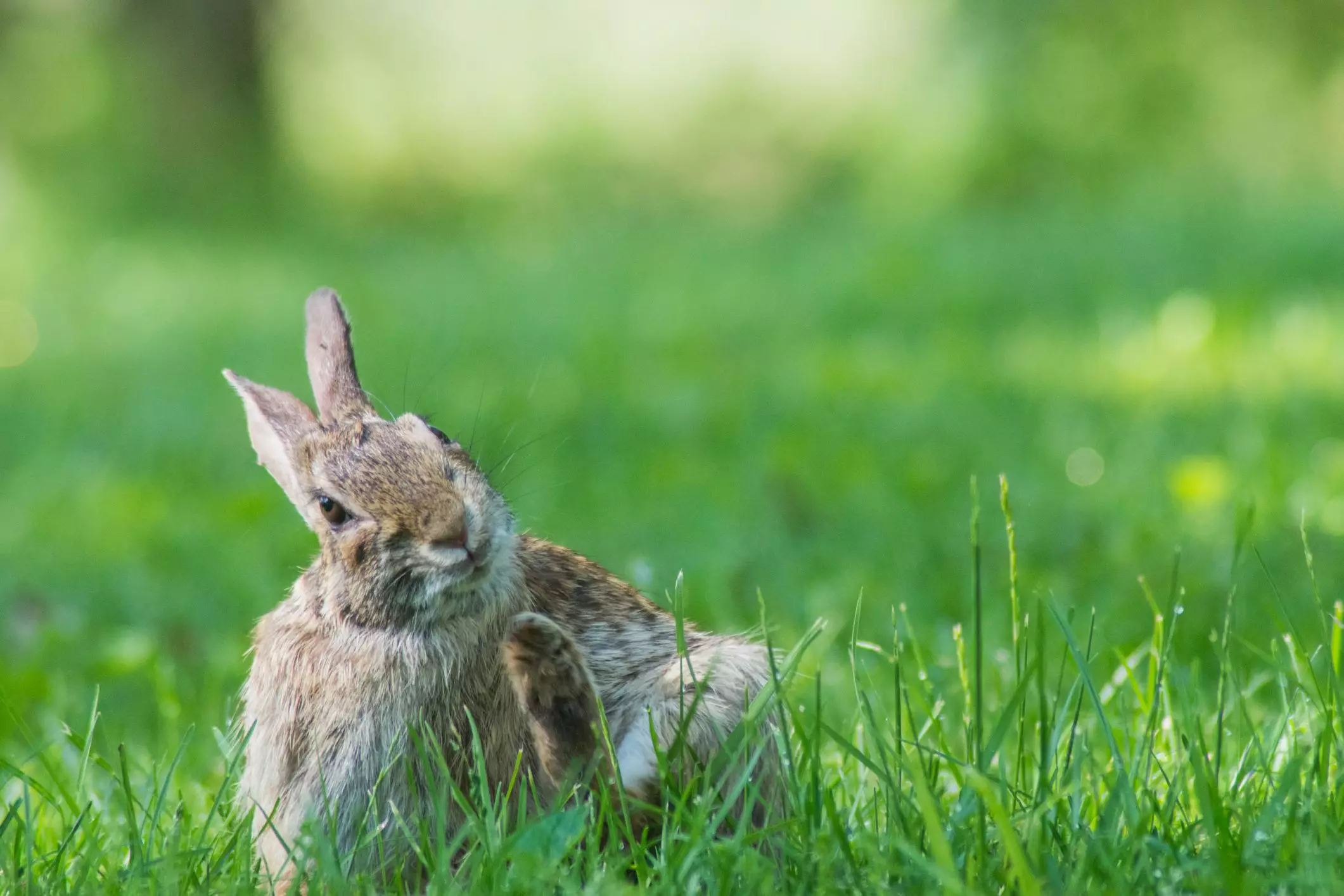Rabbits, known for their gentle demeanor and playful nature, are cherished companions for many. However, as a responsible pet owner, understanding the health and well-being of your rabbit goes beyond basic care. When your bunny exhibits signs of excessive scratching or itching, it becomes imperative to address the underlying issues promptly. Identifying the cause of this discomfort is critical—not only for the rabbit’s physical health but also for its emotional well-being.
The Reality of Pruritus in Rabbits
Whenever a rabbit itches incessantly, it experiences a condition known as pruritus. This annoyance can stem from several different sources, including parasites, allergies, or infections. Promptly recognizing the symptoms is vital since they can indicate more severe health problems. Observing your rabbit’s behavior—like scratching more than usual or developing irritated patches of skin—should lead you to seek veterinary intervention.
Moreover, household rabbits are not immune to parasites, despite being indoor pets. These pests can infiltrate homes through various means, thereby increasing the risk of infestations. One of the most common culprits are microscopic mites known as Cheyletiella parasitivorax, often dubbed “walking dandruff” due to the way they can be seen moving about in a rabbit’s fur. These tiny mites feast on the rabbit’s skin, leading to extensive itching, discomfort, and a compounded risk of secondary infections if left untreated.
While fur mites are a prominent issue, it’s essential to recognize that rabbits can also fall prey to more traditional parasites like fleas and lice. Fleas may be more commonly associated with cats and dogs, but they can latch onto rabbits as well, breeding rapidly and causing significant discomfort. The presence of only a few fleas can imply a far larger population, as a female flea can lay up to 50 eggs daily. Hence, preventive measures should be prioritized, especially if you live with other pets.
An overlooked pest is the notorious lice, which, unlike fleas and mites, are species-specific, meaning they won’t infest humans or other non-rodent pets. Similarly, ear mites (Psoroptes cuniculi) can lead to significant irritation around the ears, causing scratching, head shaking, and hair loss.
Environmental Factors and Allergies
In addition to parasites, another less recognized factor contributing to itching in rabbits is environmental allergens. A rabbit’s living environment plays a crucial role in its overall health. Dust from certain types of bedding, pollen, or even cleaning solutions can cause allergic reactions, leading to scratching or discomfort. As such, choosing rabbit-safe products that minimize these potential irritants can make a meaningful impact.
Sometimes, seemingly harmless products can trigger adverse reactions. Therefore, it is vital to identify potential irritants, especially when introducing new products into your pet’s environment. If your rabbit starts showing signs of irritation following the introduction of a new cleaning product or shampoo, consider reverting back to previous items or consult your veterinarian for safer alternatives.
Infections can also lead to significant discomfort. Conditions such as ringworm, caused by fungi like Trichophyton mentagrophytes, lead to skin lesions and intense itching. Ringworm is contagiou, potentially spreading among rabbits and to humans, which is why quarantine measures should be observed for newly adopted rabbits. Furthermore, neglecting hygiene—like leaving urine or feces in prolonged contact with a rabbit’s skin—can lead to scalding or skin infections, requiring immediate attention.
Treatment for itching and scratching in rabbits is primarily contingent upon accurate diagnosis. It is advisable to consult a veterinarian who specializes in exotic pets for appropriate medication and guidance tailored to your rabbit’s needs. Treatments may include topical medications, anti-itch sprays that are safe for rabbits, or oral medications for more severe infections.
Preventive measures play a fundamental role in avoiding future issues. Regular cage cleanings, the use of appropriate bedding, and being vigilant about potential allergens can substantially alleviate discomfort. Additionally, regular grooming sessions facilitate the early detection of external parasites while ensuring your rabbit remains clean and healthy.
Rabbits require attentive care, and addressing signs of discomfort should never be neglected. By forming a clear understanding of the potential causes behind itching and scratching, pet owners can provide a proactive approach to their rabbit’s health. Routine veterinary check-ups, combined with a clean and allergen-free environment, will foster not just physical health but also the overall happiness of your beloved pet. If you ever suspect illness in your rabbit, do not hesitate to consult your vet promptly. Ensuring a healthy and loving environment is the cornerstone of responsible pet ownership.

